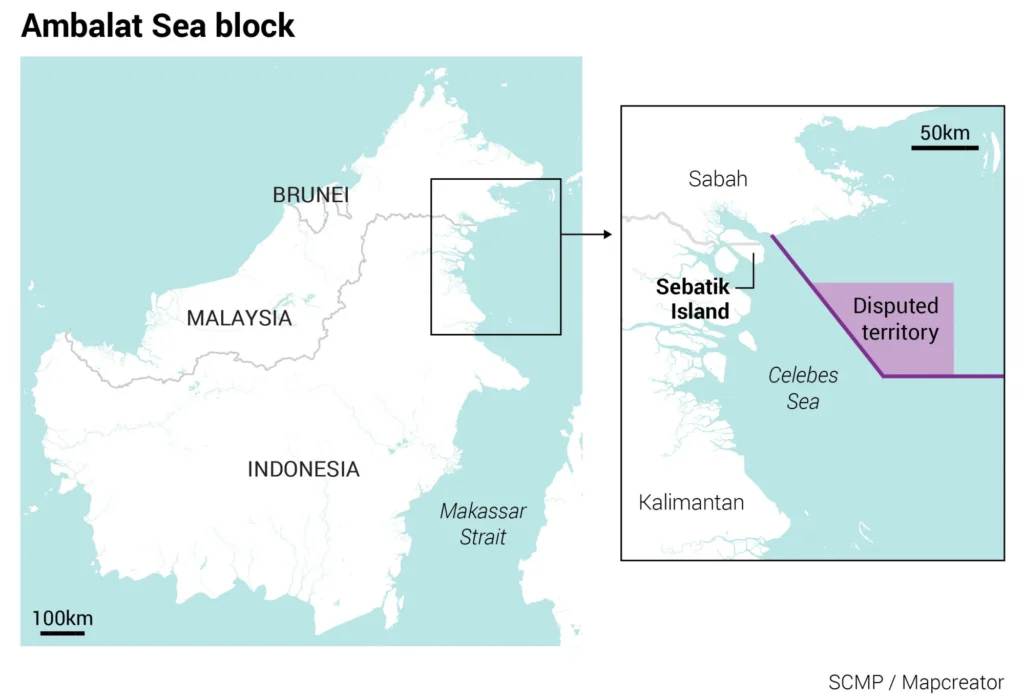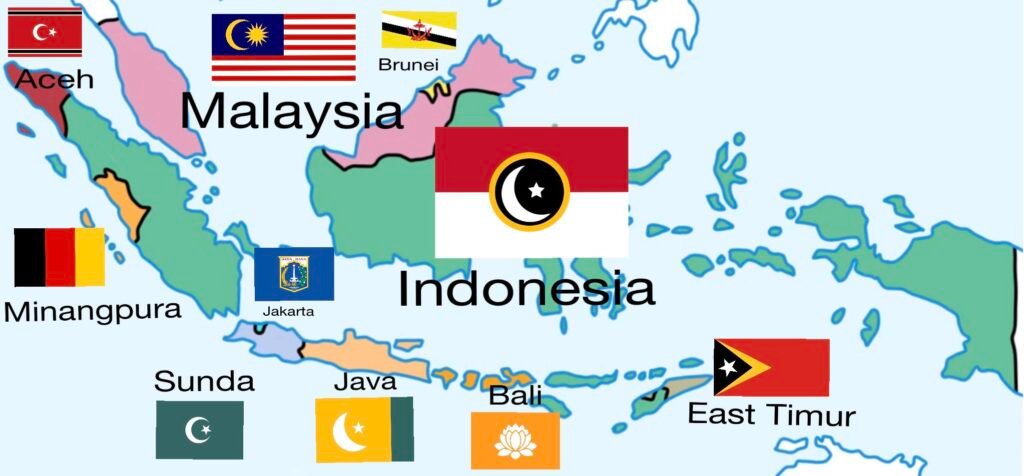Malaysia and Indonesia share a complex and multifaceted relationship, characterized by historical, cultural, economic, and political ties. Spanning centuries, their interactions have been marked by periods of cooperation, competition, and occasional tensions. Understanding the dynamics of Malaysia-Indonesia relations requires delving into their historical context, examining their current bilateral engagements, and considering the challenges and opportunities that shape their interactions.
Historical Context:
Pre-Colonial Era:
- Shared History: Malaysia and Indonesia share a common historical and cultural heritage, with both nations being part of the Malay archipelago.
- Trade and Exchange: Pre-colonial maritime trade networks facilitated interactions between Malay sultanates and Indonesian kingdoms, fostering cultural exchanges and economic ties.
Colonial Influence:
- European Colonization: Both nations experienced European colonization, with Malaysia under British rule and Indonesia under Dutch control.
- Nationalism and Independence: The struggle for independence in the mid-20th century united Malaysians and Indonesians in their quest for self-determination and sovereignty.
Post-Independence:
- Emergence of New States: Malaysia and Indonesia emerged as independent nations in the mid-20th century, with a shared commitment to regional stability and economic development.
- Formation of ASEAN: Alongside other Southeast Asian nations, Malaysia and Indonesia played pivotal roles in the formation of the Association of Southeast Asian Nations (ASEAN) in 1967, aiming to promote regional cooperation and integration.
Bilateral Relations:
Economic Cooperation:
- Trade Relations: Malaysia and Indonesia maintain robust trade relations, with bilateral trade reaching significant volumes in commodities such as palm oil, rubber, and electronics.
- Investment: Both nations attract mutual investments, with Malaysian companies investing in Indonesian infrastructure and Indonesian firms expanding their presence in Malaysia.

Cultural Exchange:
- Shared Cultural Heritage: Malaysia and Indonesia share linguistic, religious, and cultural ties, reflected in common traditions, cuisine, and language.
- Education and Tourism: Educational exchanges and tourism initiatives foster people-to-people connections and promote cultural understanding between the two countries.
Political Diplomacy:
- Diplomatic Engagement: Malaysia and Indonesia engage in regular diplomatic dialogues and high-level visits to address bilateral issues and strengthen political ties.
- Regional Cooperation: Both nations collaborate within regional forums such as ASEAN and the East Asia Summit to address common challenges and promote regional stability.
Challenges and Opportunities:
Territorial Disputes:
- Maritime Boundaries: Disputes over maritime boundaries, particularly in the South China Sea, have at times strained Malaysia-Indonesia relations, leading to diplomatic tensions.
- Resource Management: Competing claims over natural resources, such as oil and gas reserves, require diplomatic negotiations and cooperative frameworks to ensure equitable distribution.
Environmental Concerns:
- Transboundary Haze: Periodic occurrences of transboundary haze resulting from land clearing activities in Indonesia have affected air quality in Malaysia, prompting cooperation to address environmental degradation and forest fires.
- Sustainable Development: Both nations recognize the importance of sustainable development and environmental conservation, presenting opportunities for joint initiatives to combat climate change and promote green growth.
Socio-Cultural Issues:
- Migrant Workers: Issues related to the treatment and protection of migrant workers, particularly Indonesian laborers in Malaysia, underscore the need for bilateral agreements and mechanisms to safeguard their rights.
- Cultural Sensitivities: Cultural differences and sensitivities occasionally arise, necessitating dialogue and mutual respect to navigate potential sources of friction.
Economic Integration:
- Regional Economic Cooperation: Malaysia and Indonesia are key players in regional economic initiatives such as the ASEAN Economic Community (AEC) and the Regional Comprehensive Economic Partnership (RCEP), offering opportunities for deeper economic integration and collaboration.
- Infrastructure Development: Joint infrastructure projects and connectivity initiatives aim to enhance economic linkages and facilitate trade and investment flows between the two countries.
Future Prospects:
Deepening Bilateral Ties:
- Enhanced Cooperation: Strengthening cooperation in areas such as trade, investment, education, and tourism can further deepen bilateral ties and foster mutual prosperity.
- Conflict Resolution: Addressing outstanding issues such as territorial disputes and migrant worker rights through diplomatic dialogue and constructive engagement is crucial for maintaining stability and trust.

Regional Leadership:
- ASEAN Centrality: Malaysia and Indonesia can continue to play leadership roles within ASEAN, promoting regional cohesion and addressing shared challenges such as maritime security and economic integration.
- Multilateral Engagement: Active participation in multilateral forums allows both nations to shape regional agendas and contribute to the maintenance of peace and stability in Southeast Asia.
People-to-People Connectivity:
- Cultural Exchanges: Expanding cultural exchanges, educational programs, and tourism initiatives can foster greater understanding and goodwill between the peoples of Malaysia and Indonesia.
- Youth Engagement: Empowering youth through cross-border initiatives and youth exchange programs can cultivate a sense of shared identity and solidarity for future generations.
In conclusion, Malaysia-Indonesia relations are characterized by a rich tapestry of historical, cultural, economic, and political ties. Despite occasional challenges, both nations have demonstrated a commitment to fostering mutual understanding, cooperation, and prosperity. By addressing shared concerns, deepening bilateral engagement, and leveraging their regional influence, Malaysia and Indonesia can continue to strengthen their relationship and contribute to the stability and development of Southeast Asia.
